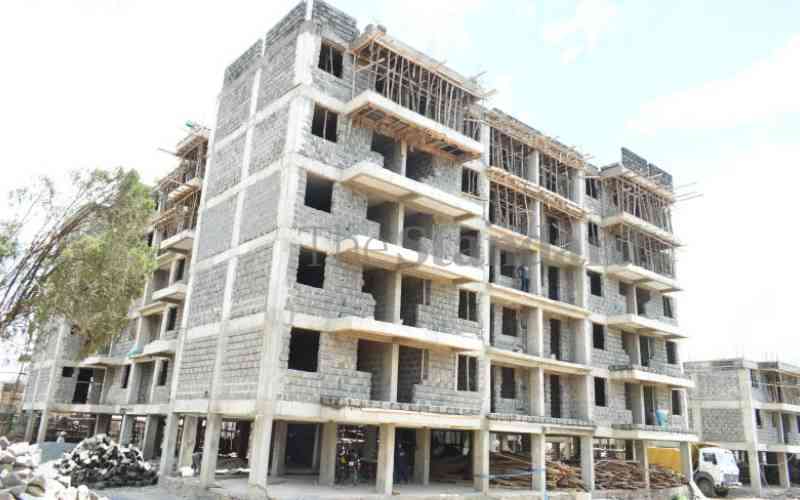×
The Standard e-Paper
Fearless, Trusted News

As most of the real estate market seems to have its eyes set on homeowners through affordable housing, one firm is crafting its niche the opposite direction by targeting investors in need of passive income who desire to be landlords.
Brownstone Capital is currently developing its latest project Amaziah DMW, a 348-unit development with a commercial centre in Muthiga along Waiyaki Way, which is already 85 per cent sold.